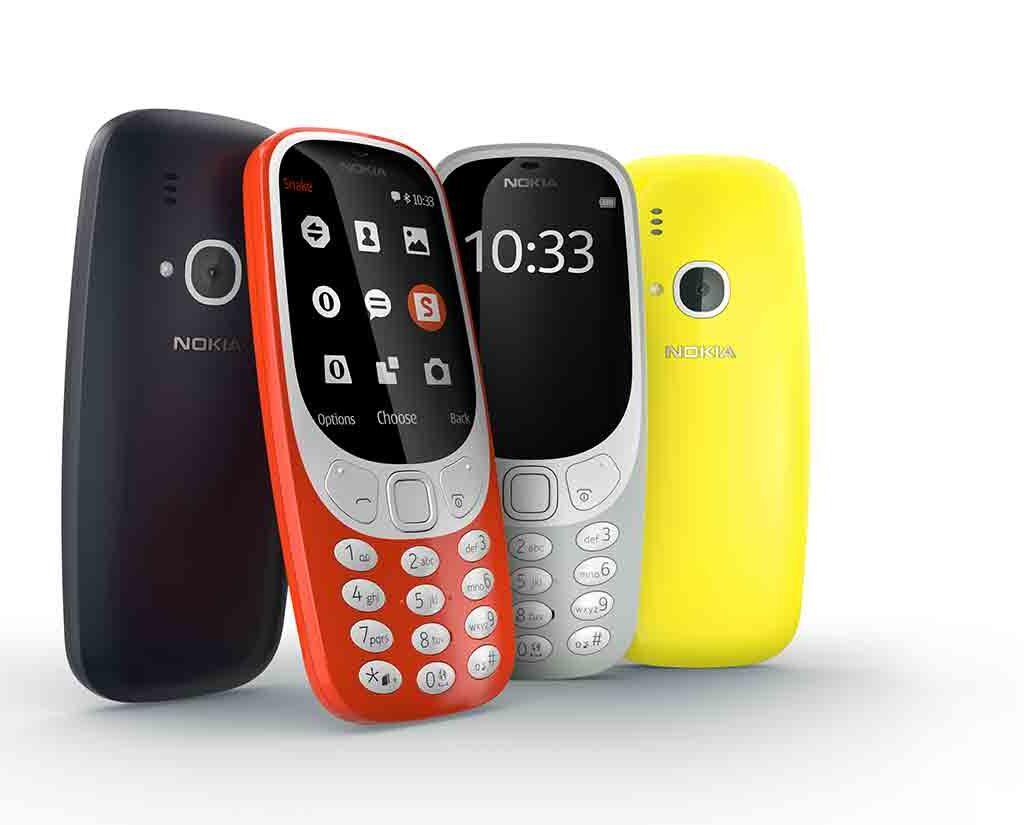
What Does Nokia Do Now?
In the annals of telecommunications history, Nokia is a name that has left an indelible mark. From its early days as a pulp mill in Finland to its rise as the world’s leading mobile phone manufacturer, the company has undergone numerous transformations. However, as the dynamics of the tech industry continue to evolve, many are left wondering: What does Nokia do now? This article delves into Nokia’s current endeavors, challenges, and prospects in the modern world.
A Brief History Recap
Before diving into the present, it’s essential to revisit Nokia’s illustrious past. Founded in 1865 as a pulp mill, Nokia transitioned through various industries before finding its niche in telecommunications in the 1980s. By the late 1990s and early 2000s, Nokia dominated the mobile phone market, holding a commanding share with its iconic devices like the Nokia 3310.
However, with the advent of smartphones and the rise of competitors like Apple’s iPhone and Samsung’s Galaxy series, Nokia’s dominance waned. A significant partnership with Microsoft to produce Windows-based phones did not yield the desired results. In 2014, Nokia sold its handset business to Microsoft, marking the end of an era for its mobile phone segment.
Current Focus Areas
Today, Nokia operates as a multinational telecommunications, information technology, and consumer electronics company. While it no longer manufactures mobile phones, it has diversified its portfolio and focuses on several key areas:
- Network Infrastructure: Nokia is a global leader in providing network infrastructure, software, and services. The company offers solutions for 5G, cloud, and the Internet of Things (IoT), helping telecom operators and enterprises build and optimize their networks.
- Software and Services: Recognizing the growing importance of software in the telecommunications landscape, Nokia has invested in developing software solutions for network management, analytics, and automation.
- Digital Health: In 2016, Nokia acquired Withings, a company specializing in digital health products like smartwatches, fitness trackers, and health monitors. This move signaled Nokia’s entry into the consumer health market.
- Licensing: Nokia holds a vast portfolio of patents, which it licenses to other companies in various industries. This licensing business remains a significant source of revenue for the company.
Challenges and Opportunities
While Nokia has made strides in diversifying its business, it faces several challenges and opportunities in the competitive tech landscape:
- Competition: Nokia competes with other tech giants like Ericsson, Huawei, and Cisco in the network infrastructure space. The company must continuously innovate to maintain its competitive edge.
- 5G Rollout: The global rollout of 5G presents a massive opportunity for Nokia. However, it also comes with challenges related to infrastructure deployment, spectrum allocation, and regulatory compliance.
- Consumer Electronics: With its acquisition of Withings, Nokia has the potential to expand its presence in the consumer electronics market. However, competing with established players like Apple, Samsung, and Fitbit requires a strategic approach.
- Cybersecurity: As networks become more interconnected, cybersecurity becomes a paramount concern. Nokia must invest in robust cybersecurity solutions to protect its infrastructure and customers.
Future Prospects
Looking ahead, Nokia’s future prospects hinge on its ability to innovate, adapt, and capitalize on emerging trends. The company has shown resilience and agility in navigating the ever-changing tech landscape.
- 5G and Beyond: Nokia’s expertise in 5G positions it well to capitalize on the next wave of technological advancements, including 6G and beyond.
- IoT and Smart Cities: As cities become smarter and more connected, Nokia’s network infrastructure and IoT solutions will play a crucial role in enabling this transformation.
- Partnerships and Collaborations: Nokia has a history of strategic partnerships and collaborations. By forging alliances with industry leaders and innovators, the company can drive growth and innovation.
In conclusion, while Nokia’s journey has been marked by highs and lows, the company remains a formidable player in the global tech industry. By focusing on its core strengths, embracing innovation, and seizing new opportunities, Nokia is poised to shape the future of telecommunications and technology.

hiI like your writing so much share we be in contact more approximately your article on AOL I need a specialist in this area to resolve my problem Maybe that is you Looking ahead to see you